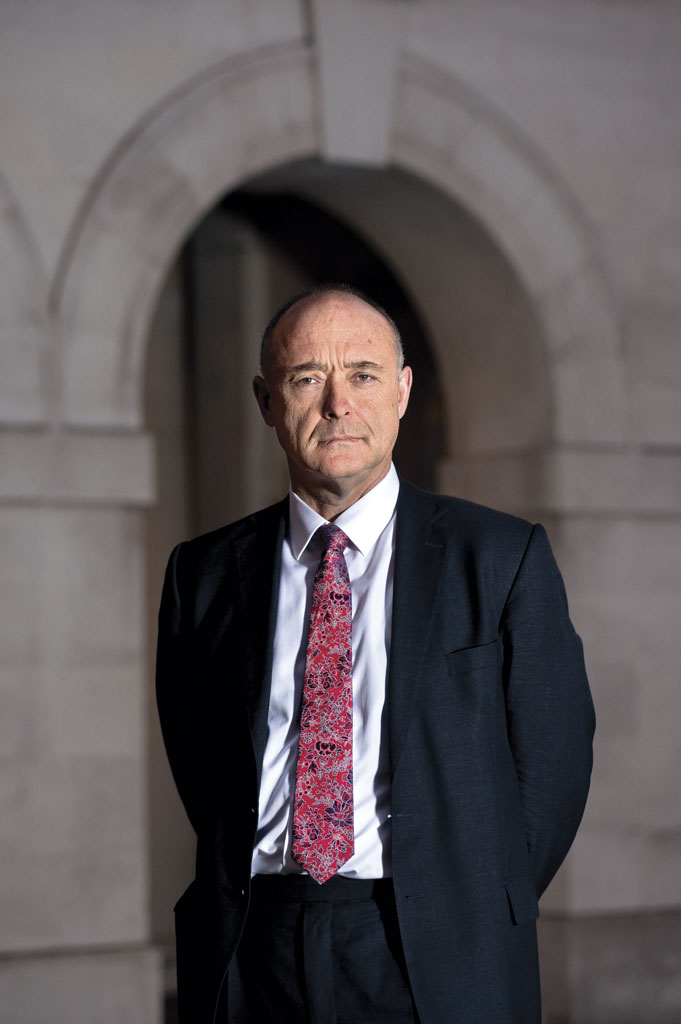
Andrew Langdon QC sets out his aims & aspirations for his tenure as Chairman of the Bar 2017
I come to the Chairmanship in 2017 from the perspective of a Circuiteer initially drawn in to the Bar Council by the fight against legal aid cuts, now with my eyes open to other changes to the landscape upon which our still small profession operates. While we will withstand the challenges we face—as we have always done—we nonetheless need to identify and meet them, especially when, as presently they appear to deter the recruitment and viability of the junior Bar.
An ageing profession
I am struck by the fact that as a profession we are ageing. The statistics show that every five years since 1990 the size of the profession overall has increased, but in the last 10 years the number of those in practice under 10 years’ call has slightly decreased, more markedly so for those under five years’ call. One suspects that withdrawal and reduction of legal aid funding, the changes to the









